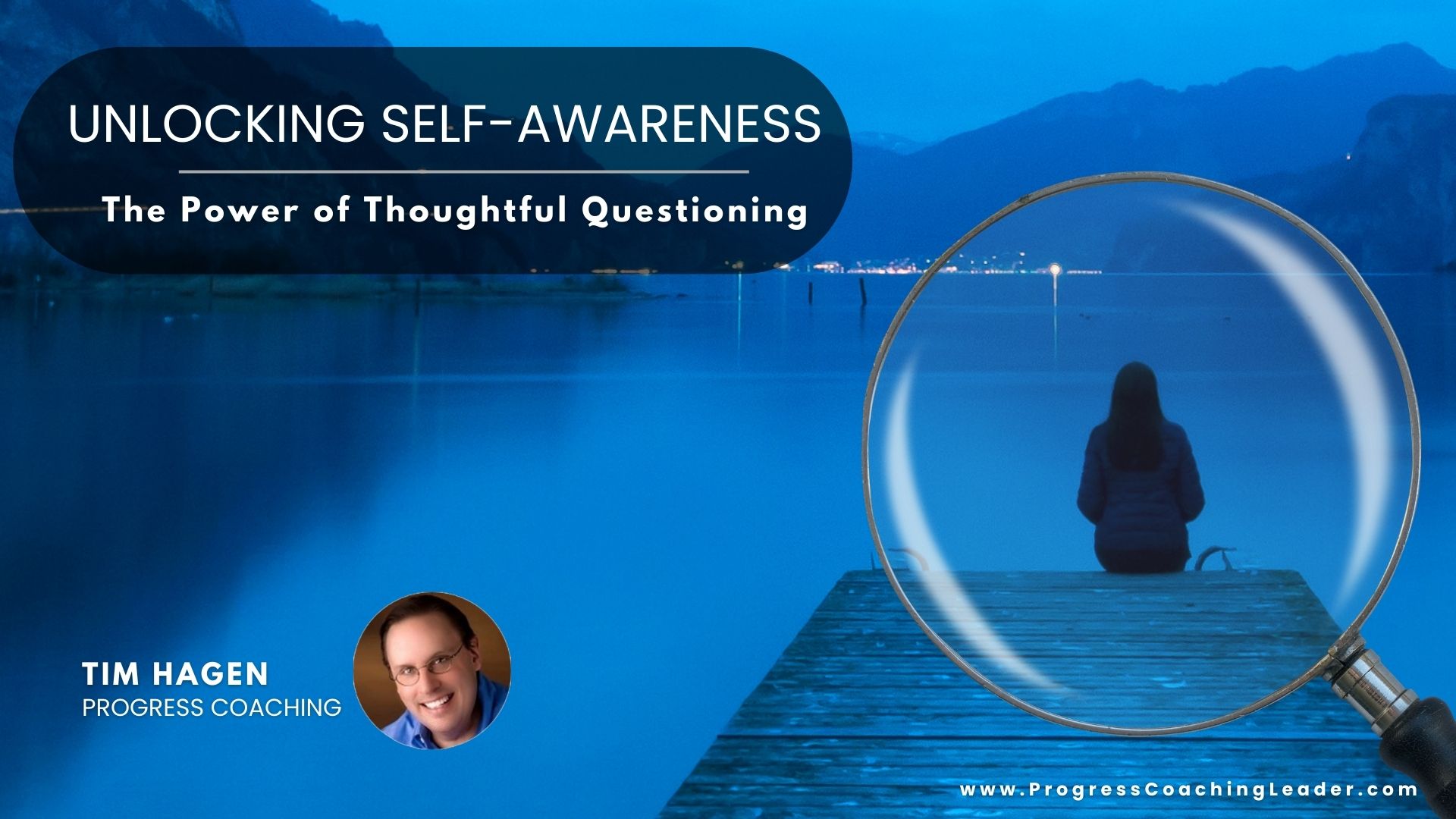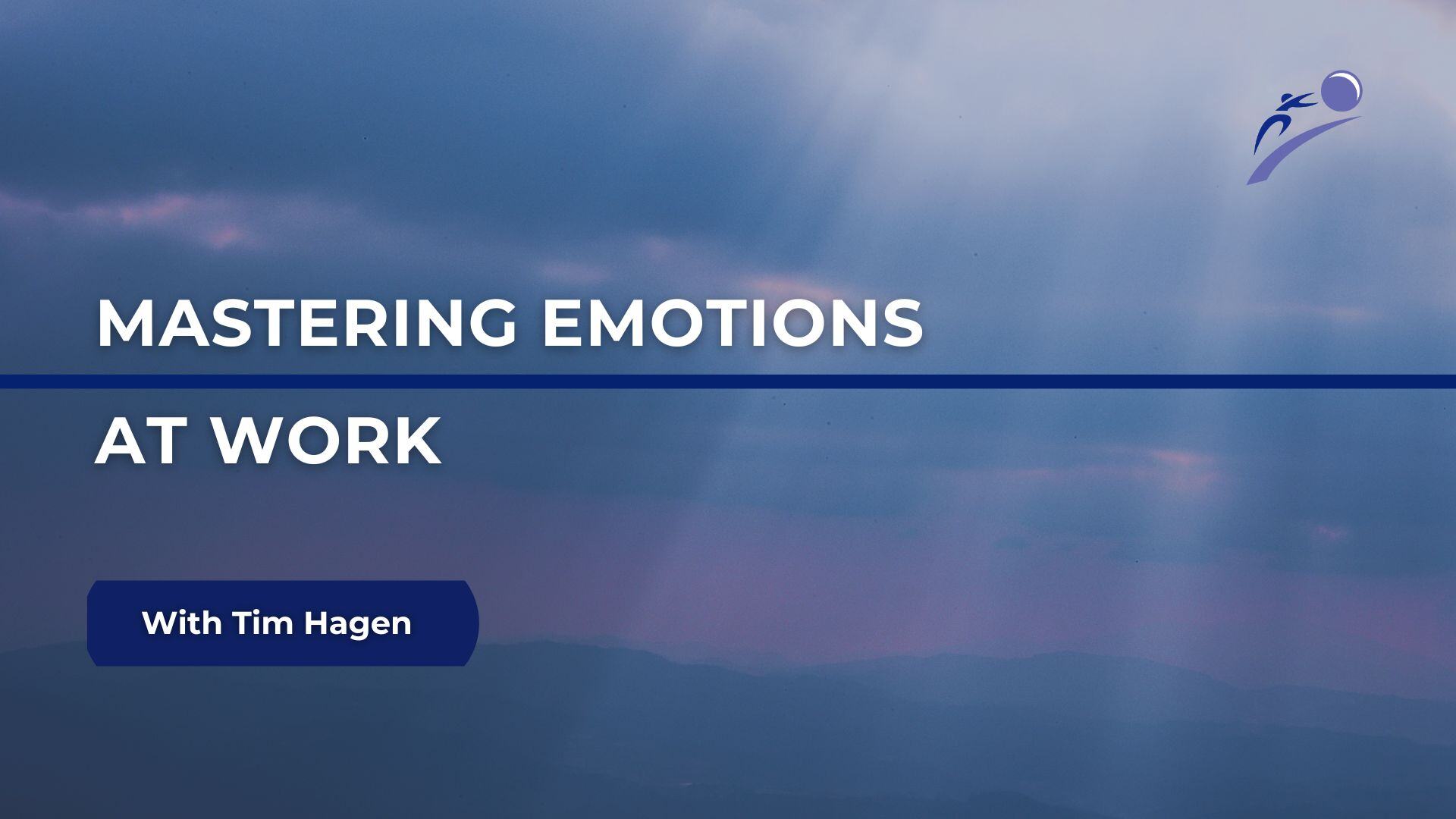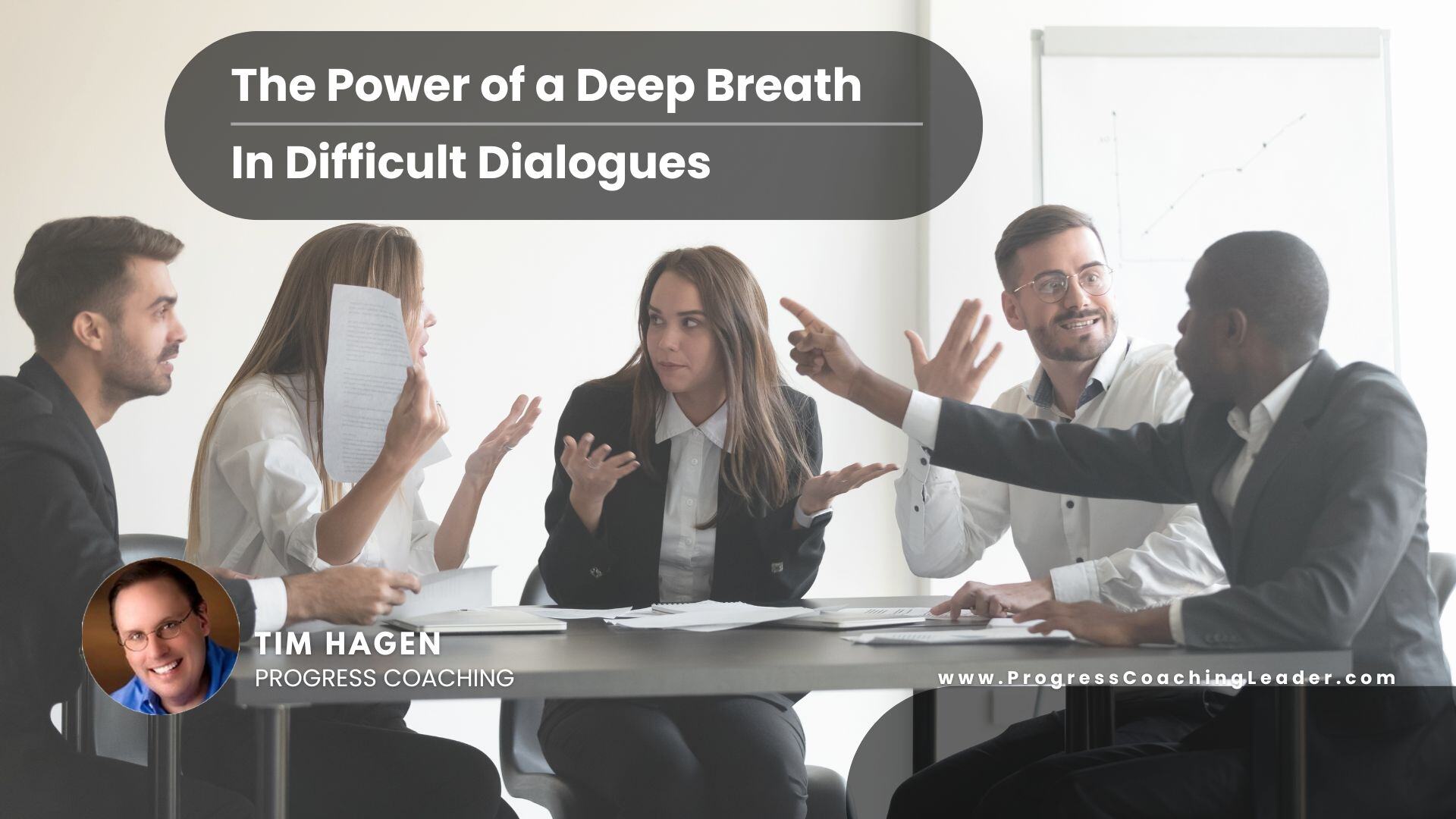The Power of Thoughtful Questioning to Unlock Self-Awareness
Has anyone ever pointed out a trait you weren't aware you possessed?
People's lack of self-awareness often becomes a topic of discussion; we aim to change that narrative in this episode.
We share the importance of practicing self-awareness and how asking the right questions can be the catalyst to a fulfilling journey of self-discovery. The art of inquiring open-ended questions helps avoid confrontations and paves the way for meaningful dialogues, prompting you to not only look at yourself but also understand your interactions with everything and everyone around you.
Imagine having a toolkit of transformative questions you could use in various scenarios to enhance your self-awareness. We present three such questions - the first one nudges you to learn from your experiences, the second makes you consider what you've discovered about yourself, and the third propels you into action based on your newfound understanding. These introspective inquiries can solidify your self-awareness, fostering personal development.
Join us and initiate a journey of self-awareness that begins with thoughtful questioning. Don't forget to tune in for our next episode, where we'll explore activities and actions that supplement this journey.
Self-awareness is really tough. We often hear people talk about how they have someone on their team who lacks self-awareness. Looking in the mirror is not something many people are prepared to do.
There are really three fundamental questions. No matter if it's post-training, post-feedback, or post-discussion, these questions are designed to cultivate self-awareness.
Self-awareness also takes practice. But how do you practice self-awareness?
Start self-awareness by asking questions. Be very careful that they're open-ended questions.
Here's what an attempt at asking closed-ended questions looks like:
"Do you feel like you're a little bit harsh in that person?"
"No, I really don't."
The minute you ask a closed-ended, what happens? People mostly take the path of least resistance and shut down the conversation. They choose not to look in the mirror at that moment. All of a sudden, then you think they were harsh. Guess what you just did? You just entered into an argument. You basically implied to that person they were harsh.
Versus an open-ended question, such as:
"What did you learn when you interacted with that person? What do you think their response was? What would you do differently the next time to maybe create a more cooperative conversation? What word do you think they would use to describe your demeanor when you were talking about XYZ?"
Questions make a difference.
Here are three questions you can use to start self-awareness, no matter the situation.
- What did you learn? That's it. Don't add any more. Don't add any extra questions; just ask. So, what did you learn from the feedback?
- Based on what you learned, what did you learn about yourself that you're positively committed to do?
- What positive steps are you going to take based on what you learned? That's an action-oriented question.

By answering those questions, it solidifies and embeds in the person's mind what they learned, what they need to do, and what they need to continually be committed to, based on their own personal development. Those are the three self-awareness questions.
When can you use these questions? Use them after training, after a coaching session, after a learning, after somebody receives feedback, and even after having a discussion on conflict with someone they were hesitant to have.
Self-awareness is cultivated by starting with questions.
In our next podcast, we'll talk about activities and actions. This is probably one of the key things you can do to really embed in your language questions that drive self-awareness. Self-awareness starts first literally with awareness, then action. Ask questions. Ask questions starting with the word 'what.' Use our three questions, and you'll notice a dramatic difference.
If you are looking for a way to strengthen your organization, ask about our Coaching Champion Certification program, where we take everyday employees and use everyday conversations to strengthen the organization's culture. Coaching Champions inspire and motivate others and professionally challenge those who struggle with positivity.
Get More info Here: click here





